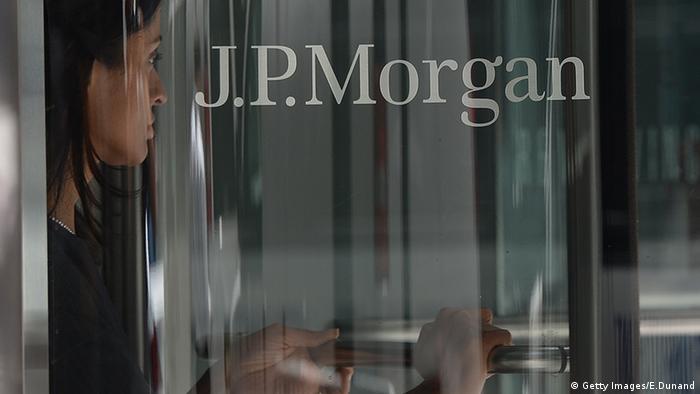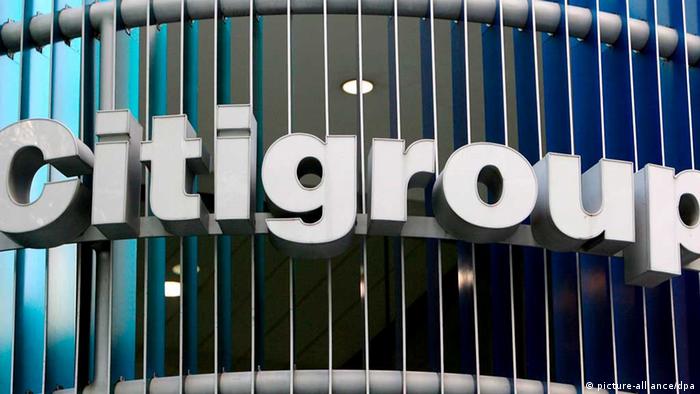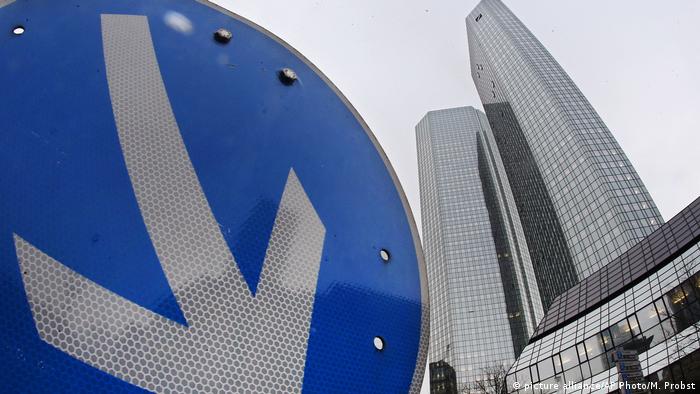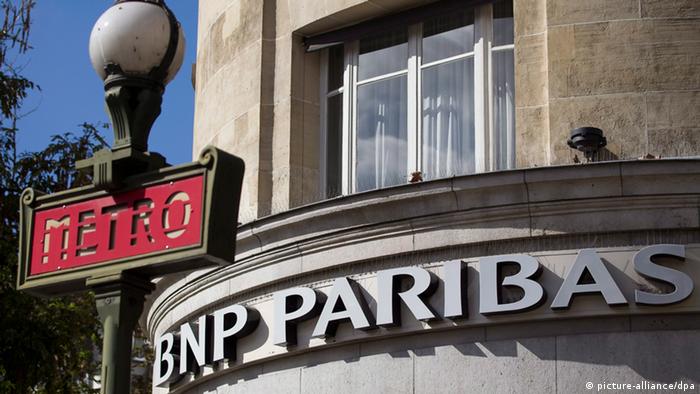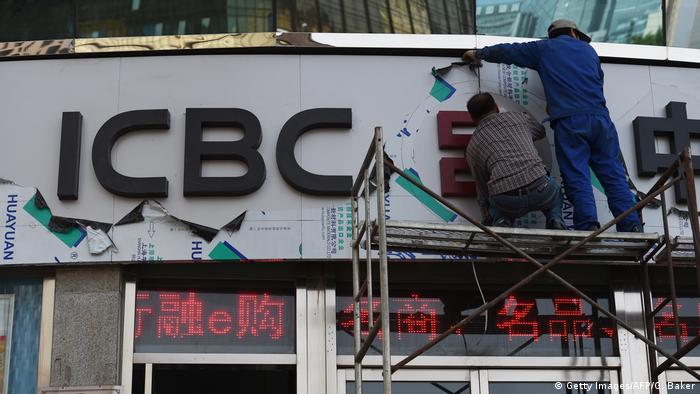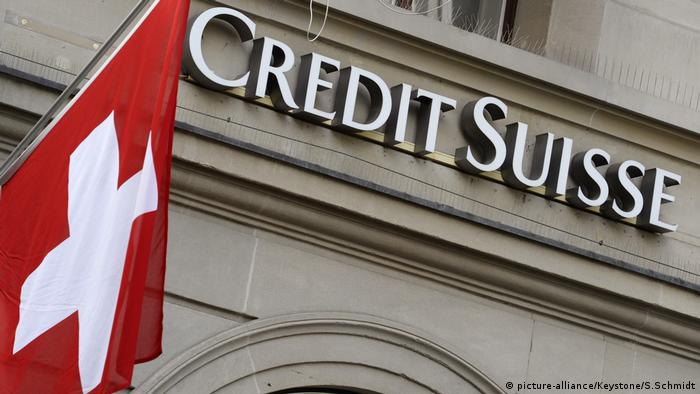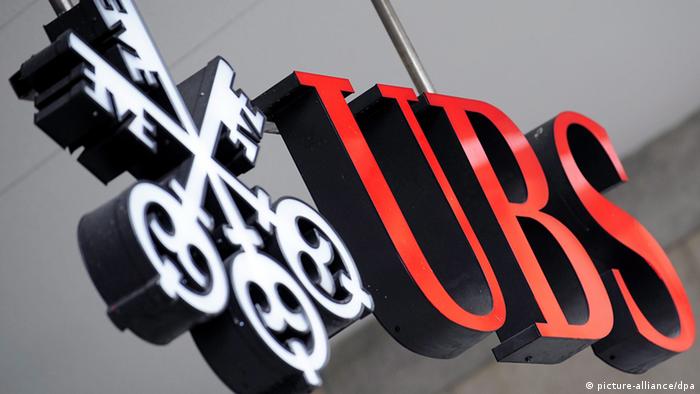Not only ethically-oriented banks, organize events on issues of sustainability in the financial sector – but so far, the green financial products are only a niche business.
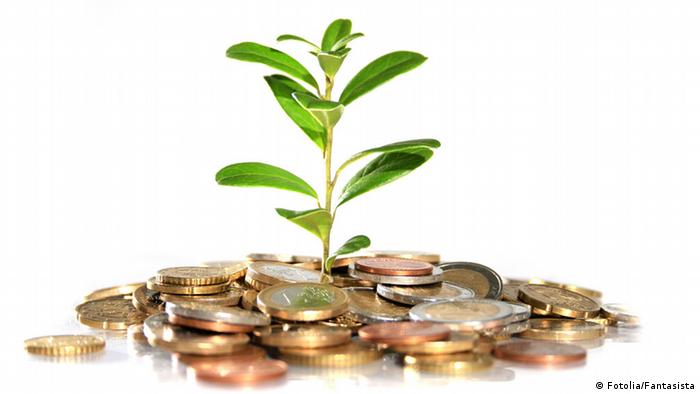
“Green Finance” is a word that is also the traditional financial economy is meanwhile trying to score points. However, until your business has converted to a model of sustainable economies and the appropriate financial investment products, is likely to take some time. So sober it is analyzed in Frankfurt am Main at the start of the “Fair Finance Week” the prospects for a turnaround in the financial system.
Now for the fifth Time experts from politics, business , science and civil society to discuss how the banking system can be made more sustainable and what is the responsibility of the society. Engine for political change in this direction, the EU is now the Commission in Brussels. In the early summer, she has published the first of four Fair Finance policy. Currently it is discussed whether such “brown”, non-sustainable investments should be backed by more equity capital, and thus for the banks less attractive as “green” plants. In this context, sustainability covers not only climate-friendly investment products, but also the protection of human rights and the fight against corruption.
Sustainability as a concept of life
“Sustainability is a concept of life that draws the entire business model with all its aspects,” said Rainer Lenz, Chairman of the Board of the non-governmental organization “Finance Watch” at the opening event of the Fair Finance Week. “Because it is not just about CO2, it is also a question of wage differences, to inequality.”
But above all, the stability of the financial system, said Sven Giegold, a financial expert, of the Alliance 90/The Greens in the European Parliament. There is, as in the Ecosystem and in the financial system tipping points. Not sustainable products quickly lose its value. For this, the banks have to make provisions in a timely manner. Otherwise, these risks could be too great and the financial system destabilizing.
Own Standards for sustainable investments
Some of the banks were doing, in the meantime, progress, said Kristina Jeromin, which is the German stock exchange for sustainability responsible. As an example, you called the French BNP that is not set in your house, for example, for corporate bonds, their own Standards, because there is for sustainable investments. The performance of these products make them transparent: “transparency is everything starts,” says Jeromin. The was important for the gradual Transformation of a business model. Many German banks, but still have a long way to go, even in the product offer.
The sustainability expert encouraged the consumers to relevant offers. Often, the client advisors were not trained sufficiently, and claimed even that sustainable Investing can bring less return than the conventional one. The opposite was proven in the meantime. However, banks made progress in this area, should not be trusted blindly, warned Giegold. Just look at the big issues of the financial system, in the control of transnational companies, need to binding social, ecological, and also in part simply to provide public benefit Standards: “but every day, democratic Afghanistan.”
More than just climate protection
Especially the German policy brake, more likely, would like to sustainability is to narrow down to the concept of climate protection. Therefore, Giegold must act at the European level. From Paris, for instance, it will give a tailwind for appropriate initiatives.
Also, the Argument of size come into play: Only Europe was big enough in international comparison, an ethical orientation, and social, environmental objectives prevail. Common European Standards are, however, always a compromise, warned the green financial expert prior to high-flying hopes. “Deep green” content, you should not expect.
In order to make progress, were the ethically-oriented banks as pioneers in sustainable Banking is very important. Giegold hopes for your support, you should continue to “be a thorn in the flesh of the financial industry, in order to gradually enforce higher Standards, too broad”.
